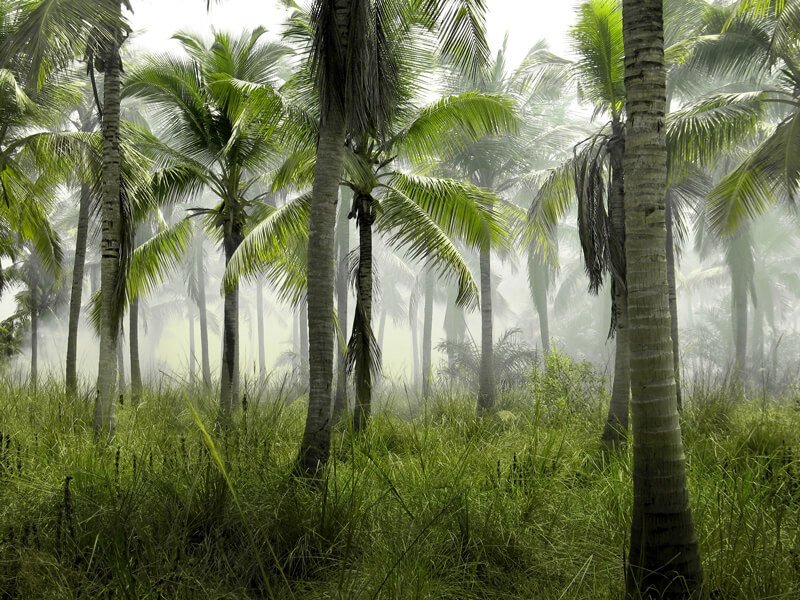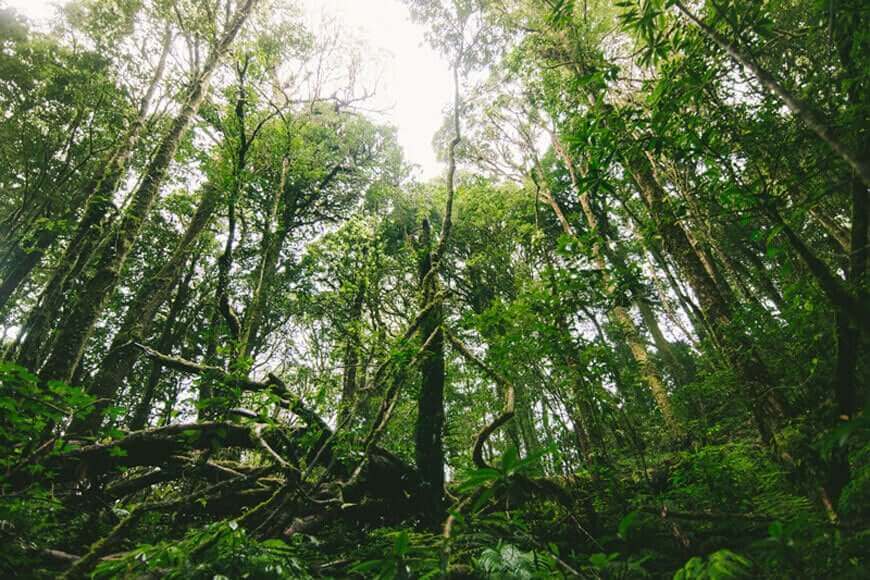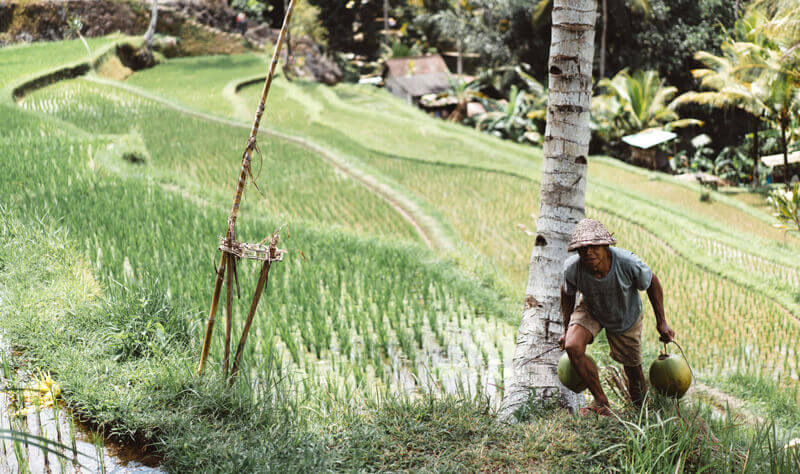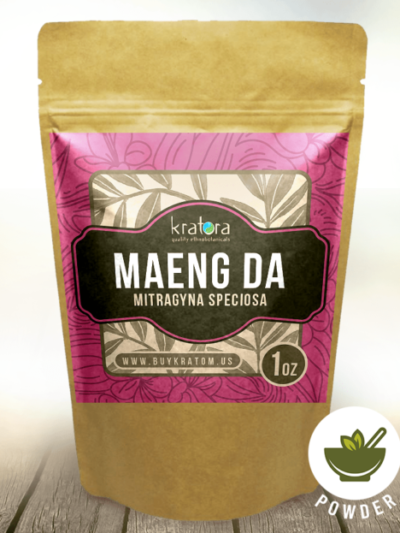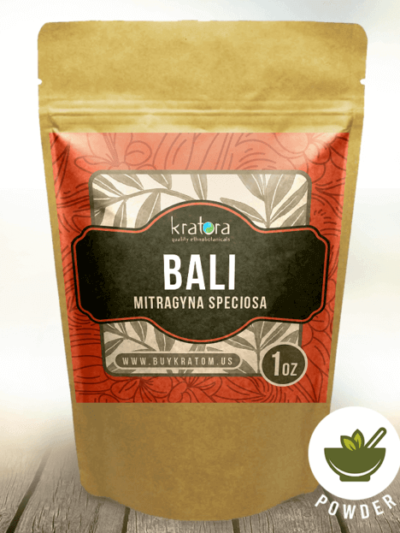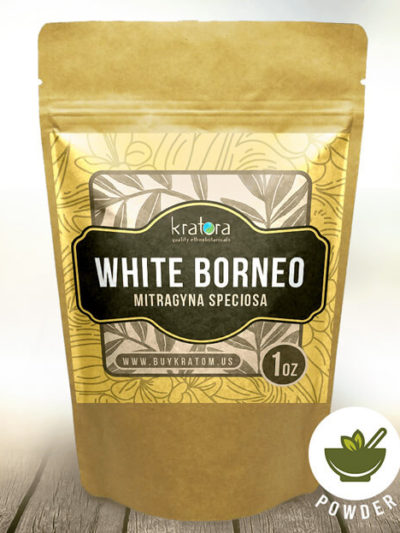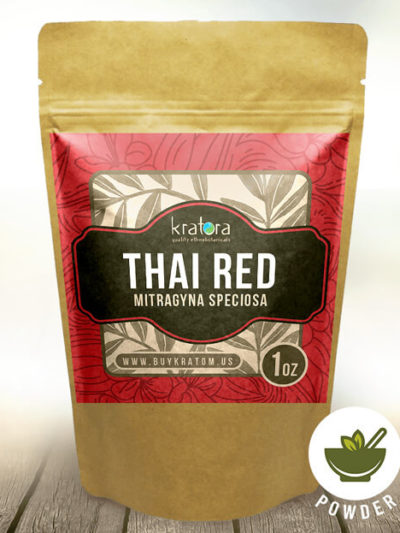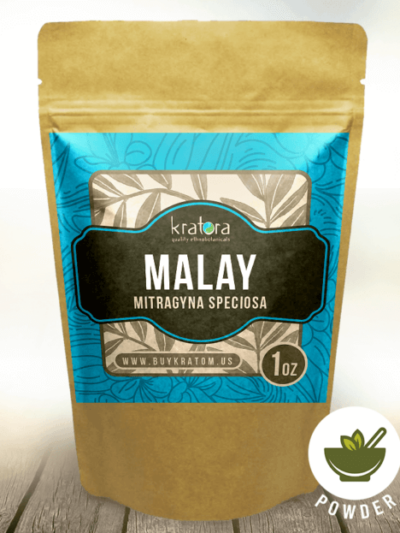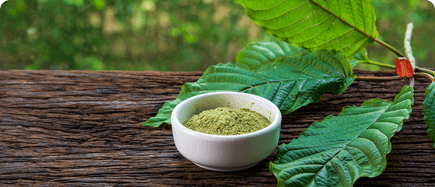For centuries, kratom and palm oil have been two of Southeast Asia’s primary commodities. However, of the two, palm oil is the subject of a much larger market. Harvested from the fruit of the Elaeis guineensis tree, palm oil’s versatility makes it an abundant ingredient in processed foods and other products. The average consumer can find palm oil in everything from packaged snacks to pastries and candy bars.
In comparison to other vegetable oils, commercial food manufacturers consider palm oil to be highly efficient and cost-effective. Usable oil can be readily extracted from the oil palm tree’s fruit and kernels and used as a substitute for more expensive fats like butter and hydrogenated vegetable oils.
Upon realizing that palm oil could reduce costs and increase revenue, consumer goods conglomerates like Nestle and Unilever began purchasing large quantities of palm oil for use in product manufacturing. As a result, the global market for palm oil has swelled. Today, some researchers believe that the demand for palm oil will double by 2020 and triple by 2050.
Although Elaeis guineensis is an African tree, Southeast Asia supplies most of the world’s kratom and palm oil. Indonesia is the largest producer, with Malaysia and Thailand following closely behind. In 2011 alone, Malaysia exported 18 million tonnes of palm oil.
However, as Southeast Asia farmers ramped up the palm oil production volume to meet growing demand, they found themselves amid an oversaturated market. To make matters worse, criticisms of unsustainability and environmental destruction depreciated the crop further.
Now, with palm oil’s economic value diminished, kratom powder might be positioned to take the top spot as Southeast Asia’s biggest plant-based export.
The Environmental Impact of Palm Oil: The Dark Side of Palm Oil
Although palm oil has been a boon for Southeast Asia’s economy, various researchers and organizations have questioned the sustainability of large-scale cultivation. Despite creating job opportunities, improving infrastructure, and reducing poverty, many experts believe that palm oil’s environmental impact is ecologically and socially destructive.
For one, unlike kratom, the palm oil Elaeis guineensis tree isn’t native to Southeast Asia. As a result, farmers have plowed and dedicated large plots of Southeast Asia’s land to palm tree cultivation. While this practice might be sustainable in moderation, the high demand for palm oil from overseas industries has fueled rampant deforestation. Farmers scrambling to increase palm oil production and meet quota have destroyed, cleared, and converted vast areas of local land.
Palm oil plantations have also encroached upon Southeast Asia’s wildlife and destroyed the habitats of many animal species. Some animals threatened by palm oil production include those that were already at risk of extinction, such as the orangutan and the Sumatran tiger.
The overproduction of palm oil has also endangered Southeast Asia’s indigenous populations. In Malaysia and Indonesia, where kratom and palm oil farming is popular, palm oil producers seeking land for palm tree cultivation have seized the native lands of various tribes. In many cases, farmers have displaced entire communities without negotiation or compensation.
Why the Transition to Kratom Farms Could Be More Sustainable
As an indigenous plant, kratom grows natively throughout Southeast Asia. With organic kratom, there’s no need to dedicate or destroy large areas of land for cultivation: the plant already grows abundantly in countries like Malaysia, Indonesia, and Thailand. This is in contrast to palm oil trees which are native to Africa and were only recently introduced to Southeast Asia in the 1900s.
Cultivation & Harvest
Between kratom and palm oil, kratom production is generally considered to be more sustainable. To harvest kratom, farmers pick or collect kratom leaves from mitragyna speciosa, leaving the tree itself intact. As an evergreen tree, each kratom plant will continue to grow and bear leaves long after harvest.
In comparison to kratom, palm oil’s environmental impact is much more devastating. Oil palm trees can reach heights of up to 65 feet at maturity, which makes it difficult for farmers to harvest the fruit bundles. As a result, oil palm trees are regularly killed and destroyed to make room for newer, younger trees.
Post-Harvest Processing
Sustainability differences between kratom and palm oil are also apparent during post-harvest processing. Unlike kratom, which only needs to be dried and ground, palm fruit must be refined before it can be utilized as palm oil — a process that’s lengthy, expensive, and resource-intensive. The palm oil refining process also generates a considerable amount of greenhouse gases (including methane) and wastewater. While some palm oil processing plants are sustainably certified, most operate with little regard for the environment.
Conservation Efforts & The Future
In response to the environmental controversy surrounding palm oil, several of Southeast Asia’s biggest palm oil-exporting countries have started scaling back production.
The Malaysian government promised to protect 50% of the nation’s natural forests from conversion to palm oil plantations, which has slowed and restricted industry expansion. In Indonesia, some organizations — including the Indigenous Peoples’ Alliance of the Archipelago (AMAN) — have also sought to find an environmentally sustainable production balance. That said, Indonesia’s government seems reluctant to reform its palm oil industry.
Still, these developments suggest that palm oil isn’t the cash-crop it once was — and Southeast Asian farmers seem to have taken the hint. Noting decreasing revenues and palm oil’s environmental impact, many Indonesian farmers have already shifted from palm oil to kratom production. In the years to come, it’s possible that high-quality kratom could supersede palm oil across Southeast Asia and usher in a new era of equally profitable and sustainable farming.
-
Energy
Maeng Da Kratom Powder
From $19.99 Shop Now This product has multiple variants. The options may be chosen on the product page Quick View -
Relaxing
Premium Commercial Bali Kratom Powder
From $12.99 Shop Now This product has multiple variants. The options may be chosen on the product page Quick View -
Energy
White Vein Borneo Kratom
From $11.99 Shop Now This product has multiple variants. The options may be chosen on the product page Quick View -
Relaxing
Thai Red Vein Kratom
From $14.99 Shop Now This product has multiple variants. The options may be chosen on the product page Quick View -
Energy
Green Malay Kratom Powder
From $12.99 Shop Now This product has multiple variants. The options may be chosen on the product page Quick View
Get Premium-Grade Kratom Shipped to Your Door
At Kratora, we take great pride in being one of the best kratom vendors in the industry. We strive to provide customers from around the world with high-quality kratom products and kratom alternatives. From classic strains like Red Bali to highly-potent kratom extracts, our diverse selection is sure to please.
All of our kratom products are guaranteed to be:
- Organic and all-natural
- Freshly packaged and securely sealed
- Ultra-finely ground where applicable
- Sourced from reliable, trusted growers
Shop with us today to receive same-day shipping on orders submitted before 3 PM EST Monday through Friday and 1 PM EST on Saturdays (excluding holidays).
Please note that the US FDA has not approved kratom to be sold for human consumption, sold for external use only. None of the products sold on our website are intended to diagnose, treat, cure, or prevent any disease or medical condition.
Want to learn more about kratom quality and value? Start here:
Why Buying Cheap Kratom Can Be Dangerous
